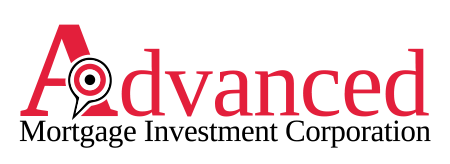Monthly Income
AMIC has distributed monthly dividends (plus an annual top-up dividend) since inception.
Consistent Returns
AMIC's shareholders have received an annual individual rate of return of at least 7% since operations commenced.
Transparent Reporting
AMIC (via the manager and the agent) provides regular, clear reporting about its lending portfolio.
Advanced mortgage investment corporation
Investor Resources
Portfolio History
monthly income
Dividend History
INVESTING WITH AMIC
$10K growth over time
The following chart shows the results achieved by an actual AMIC investor who invested $10,000 at inception (August 28, 2014). This investor has opted to reinvest 100% of their dividends in AMIC shares on a monthly basis. Past results are not indicative of future performance. The investor’s initial $10,000 investment has grown to $23,159.87 as of January 31, 2026. This investor’s life-to-date investment rate of return (time-weighted) is 7.620%. The investor’s shares have grown by 131.599% in 11.44 years.
No Data Found
- Investors who opt to hold shares in a registered plan account will have to pay the trustee fees associated with that account. Trustee fees are not included in the above chart.
- The rate of return shown in the above chart is not adjusted for inflation.
- Investors should consult their accountant or tax advisor before considering an investment in AMIC.
Advanced Mortgage Investment Corporation
Investing with us
For detailed information about the activities of Advanced Mortgage Investment Corporation (AMIC), refer to the Offering Memorandum (OM).
The OM includes the most recently audited financial statements of the corporation as well as other important facts about the operation of the MIC.
AMIC welcomes inquires from exempt market dealers (and other suitably registered firms) looking to review AMIC for an approved product shelf. AMIC can be a suitable choice to round out an alternative investment portfolio. Please contact Michael Hapke at (613) 656-0866 for more information about how AMIC can line up with your client’s investment goals and your firm’s exempt market strategy.


